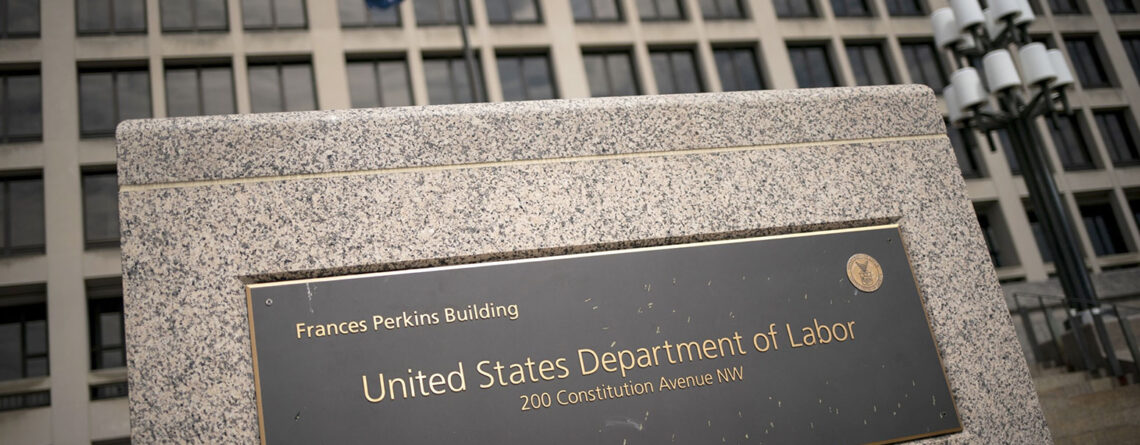US. DOL working on updated fiduciary rule, SECURE 2.0 provisions
The Department of Labor’s Employee Benefits Security Administration is aiming to release a rule proposal on fiduciary investment advice in the coming months and is working on a host of rules related to SECURE 2.0, according to its latest semiannual regulatory agenda.
The agenda outlines EBSA’s short-term and long-term priorities and notes it’s working on seven items in the pre-rule stage, 10 in the proposed rule stage and three in the final rule stage.
EBSA agendas in recent years have indicated the department’s work on a proposal to amend the regulatory definition of the term fiduciary. The updated agenda now classifies the regulatory project as “conflict of interest in investment advice,” though the scope is similar.
The department is aiming to propose the conflict-of-interest rule by the end of August and according to the agenda, the rule would amend the fiduciary definition “to more appropriately define when persons who render investment advice for a fee to employee benefit plans and IRAs are fiduciaries.”
Further, “the amendment would take into account practices of investment advisers, and the expectations of plan officials and participants, and IRA owners who receive investment advice, as well as developments in the investment marketplace, including in the ways advisers are compensated that can subject advisers to harmful conflicts of interest,” the department said in its agenda. “In conjunction with this rule-making, EBSA also will evaluate available prohibited transaction class exemptions and propose amendments or new exemptions to ensure consistent protection of employee benefit plan and IRA investors.”
The department’s work on fiduciary investment advice spans multiple administrations. In 2016, under the Obama administration, the department finalized a rule that broadened the definition of a person or entity taking on fiduciary responsibilities and replaced a five-part test used to determine whether an investment professional or financial institution serves as a fiduciary.
The rule was stuck down in federal court in 2018.
In mid-2020, the Labor Department under the Trump administration announced a final rule reinstating the five-part test. Then later that year, it finalized a prohibited transaction exemption that permitted investment-advice fiduciaries to receive compensation for more types of guidance, including advice to roll over assets from a retirement plan to an individual retirement account.
And in 2021 under the Biden administration, the department released a series of frequently asked questions related to the investment-advice exemption. That guidance has faced legal challenges, and in February, a federal judge vacated one of the FAQs that outlined when rollover advice is considered to be on a “regular basis,” a component of the five-part test.
Separately, EBSA is working on several rule-makings related to SECURE 2.0, a comprehensive retirement security package Congress passed in December.
Those efforts, each in the pre-rule stage, include forthcoming proposals on establishing a retirement lost-and found; regulations around emergency savings accounts linked to IRAs; and bolstering plan disclosures.
Read more @pionline











